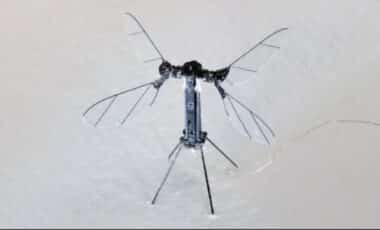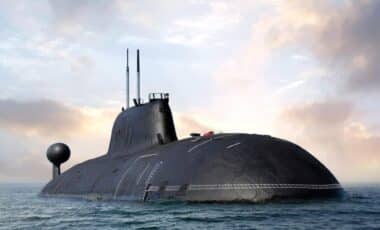Being there . . . . aboard the PC – 450 submarine chaser when America’s brave sailors island-hopped across the Pacific vastness turning the tide of defeat into victory against the Japanese imperialists in World War II . . . . .
THRILLING WORLD WAR II NOVEL PLACES READERS INTO THE HEART OF THE PACIFIC WAR
A rare, realistic fictional account of how the least appreciated type of US Navy boats,
the PCs, played a key role in inundating Japan’s Rising Sun.

“IN THE SHADOWS OF GUADALCANAL,” by Phillip Parotti. Casemate Publishers: 280 pp, sc; $23
Reviewed and Highly Recommended by Don DeNevi
Well before World War II broke out in Europe on September 1, 1939, it was anticipated that the United States Navy would need small vessels to locate, keep down, and destroy enemy submersibles. In 1937, President Roosevelt, considering the distinct possibility of America in a Second World War, ordered the establishment of a Submarine Chaser Training Center. On 26 March 1942, the school was commissioned in Miami to teach small craft anti-submarine tactics. The Center opened with less than 50 pupils, all less than 23 years of age. Instantaneously, someone dubbed them the Donald Duck cadets, a sobriquet the youngsters proudly referred to themselves throughout WWII.
By early January 1944, the school had graduated a few more than 2,500 officers, with 9,000 in the pipeline being instructed. For the Navy alone, 10,396 officers and 37,574 enlisted men had been trained on other ships which included 285 destroyer escorts, 213 PC 1s, 43 PC 2s, 21 PCEs, 397 SCs, 123 “crash boats”, and 27 other crafts, a total of 1,088 vessels. And all before 1944!
This said, “In the Shadows of Guadalcanal” is the first fictional account of what the PC was all about, its crew at war, victories and defeats, joys, and tragedies, in short, historical fiction, the most enjoyable kind of leisurely reading. Neither an official history, nor pure fiction, the 280-page book welcomes the curious reader into author Phillip Parotti’s personal life, his attendance and graduation from the US Naval Academy, four years of service aboard destroyers, and his insights about what our Navy achieved in the greatest naval war of all time.
Believing too many nonfiction histories and novels, especially nowadays, are being written by outsiders looking in, Parotti substantiated his personal knowledge with the research of facts and details the Navy Department encouraged him to do by making available its unrestricted sources.
In short, this mesmerizing story of the PC – 450 and its men begins with its redeployment from convoy duty in the Atlantic to face Japanese submarines and air attacks while supporting the USMC’s island-hopping campaign to reach Tokyo ASP. Twice torpedoed during the Battle of the Atlantic, Lieutenant Tony Colombo USNR is appointed to command the PC – 450, a steel-hulled, advanced submarine chaser. As soon as they reached the inner waves of the Pacific, the lieutenant and his crew found themselves escorting convoys of troops and equipment to Australia, encountering Japanese midget submarines attempting to penetrate Brisbane Harbor.
When the Corps 1st and 3rd Divisions invade the “hellhole called Guadalcanal,” the PC – 450 Navy men fend off Japanese raid after raid, by air and sea. Particularly important was guarding the “Slot” day and night. Every Pacific War buff in the universe knows the Solomon Sea channel almost allowed Japanese ground troops to land and destroy our beachheads, supplies, and thousands of Marines. Following that threat and Japanese defeat, the PC – 450 supports the grinding fight for nearby New Georgia.
Lt. Colombo, an easy officer to like and understand, comes alive thanks to author Parotti’s own experiences, personality, and character, precisely the way heroes in war novels should be characterized and served as exemplars. Fresh, convincing, coupled with a sharp eye for detail and inspiring narration of a well-told story, “IN THE SHADOWS OF GUADALCANAL” deals with grit, loyalty, and friendship, the patent honesty of human and humane American boys in the sea at war.
For additional outstanding Casemate Publishers books, new novels, in particular, check:
www.casematepublishers.comEmail: casemate@casematepublishers.com
Fax: (610) 853-9146








